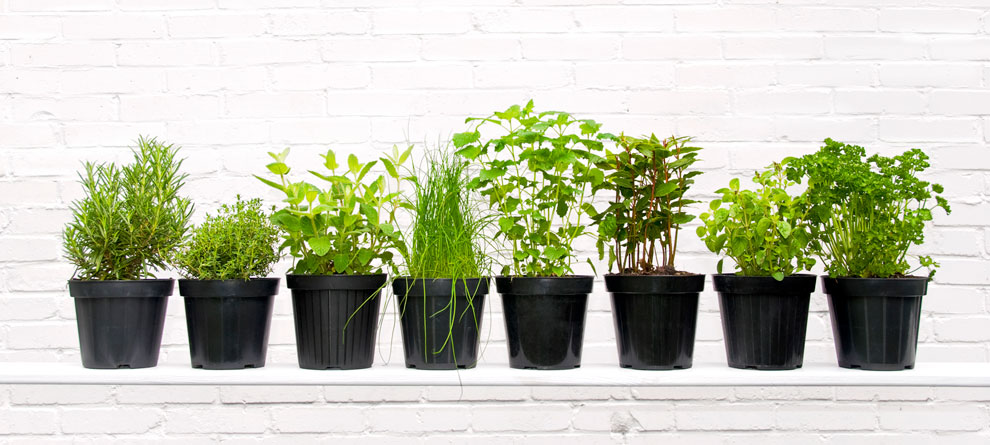How Does Your Garden (Help You) Grow?
We all know gardening is a wholesome pastime, but it’s also good for your health in very specific—and research-backed—ways. And for people with epilepsy, it’s a
close-to-home activity that requires minimal equipment, yet can yield big benefits.
Here, some ways gardening improves your well-being:
Gardening builds strength.
Anyone who’s spent time wrestling stubborn roots from the ground will tell you: It’s work. The physical labor of planting and weeding builds hand and arm strength, dexterity, and even provides some cardiovascular benefits, according to research from the Royal College of Physicians in London.
Exposure to sunlight boosts vitamin D levels.
Gardening outside, particularly in summer months, helps skin produce vitamin D. Sufficient D levels help the body absorb calcium, leading to stronger bones, and inhibit cancer-cell growth, among other perks.
Plants are natural air purifiers.
Their leaves filter out toxins and dust from the air. Chrysanthemums, English ivy, and spider plants are particularly good at it.
It’s meditative.
When you’re immersed in a hands-on activity like gardening, you can’t help but be focused on the present moment. There’s something to be said for the sense of control one feels when yanking weeds and trimming hedges. Planting herbs like basil, lavender, and mint can add an aroma-therapeutic benefit, too
No space for a garden?
Search “windowsill gardening” online for a wide array of kits, hanging mini-pots, and planters made for small spaces. Or head to a local farmers' market for fresh eats without the effort.
A SAFETY NOTE:
If possible, stick to grass- or mulch-covered surfaces when gardening and avoid concrete or stone in case of falls.
EpilepsyAdvocate Spring 2021
Categories : From Our Magazine
Tags : Blog





